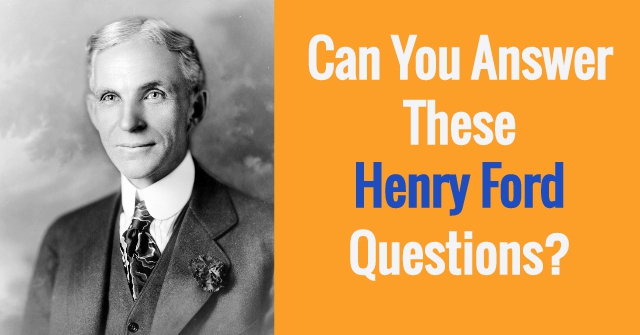US TV stations not only control what we view, but often how we get our information. Do you know all there is to know about the major US TV stations? Let's put your knowledge to the test!
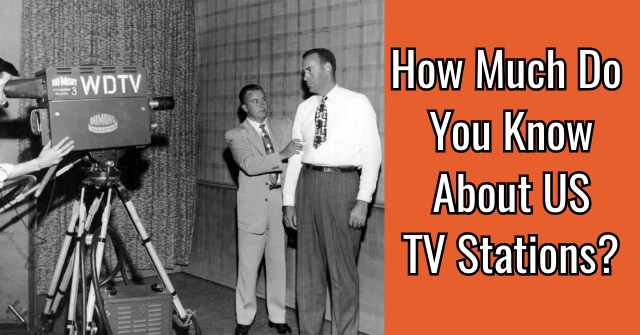
Question 1/12

staticflickr.com
True or false: Unlike the other three commercial networks (NBC, CBS, ABC) Fox affiliates do not broadcast national programming.
True
False
Question 2/12
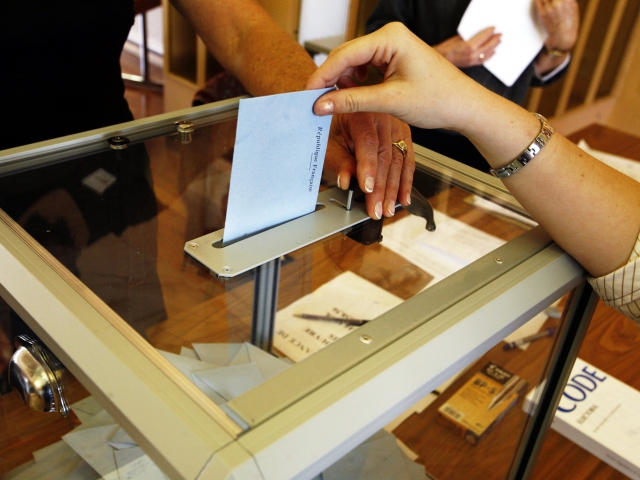
wikimedia.org
True or false: Local TV station revenue typically follows a cyclical pattern of decreasing in election years and increasing in non-election years.
True
False
Question 3/12
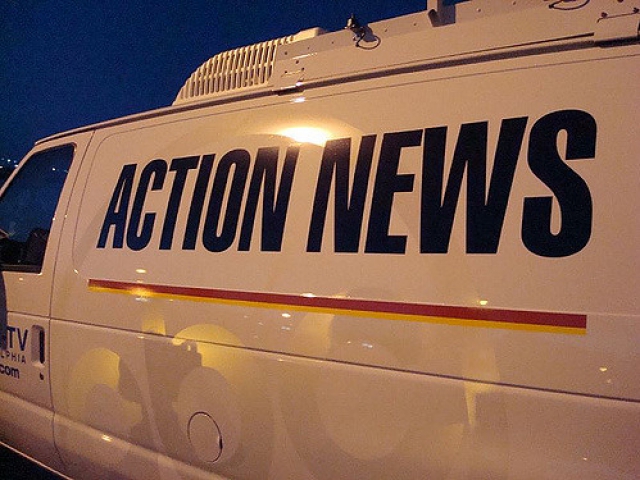
staticflickr.com
How many people are employed by local TV stations in the US?
45,100
27,600
31,000
Question 4/12
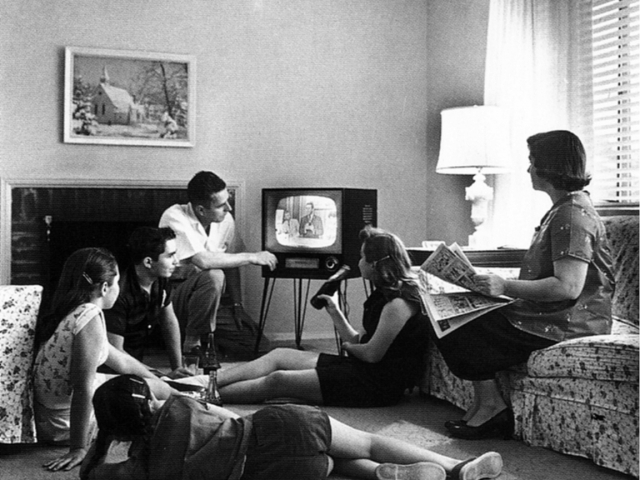
wikimedia.org
On average, how many Americans tune in for primetime program on US TV stations yearly?
187 million
200 million
150 million
Question 5/12

staticflickr.com
How many major broadcast networks operate in the US?
4
5
3
Question 6/12
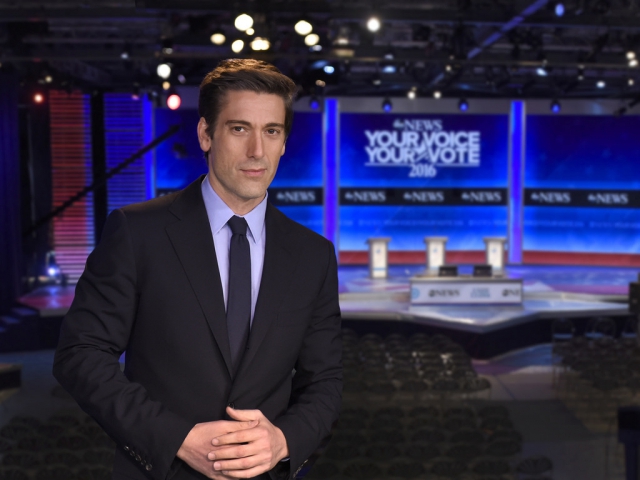
staticflickr.com
True or false: ABC, CBS and NBC offer network news programs each evening, generally airing at 6:30 or 7:00 p.m. in the Eastern Time Zone.
True
False
Question 7/12
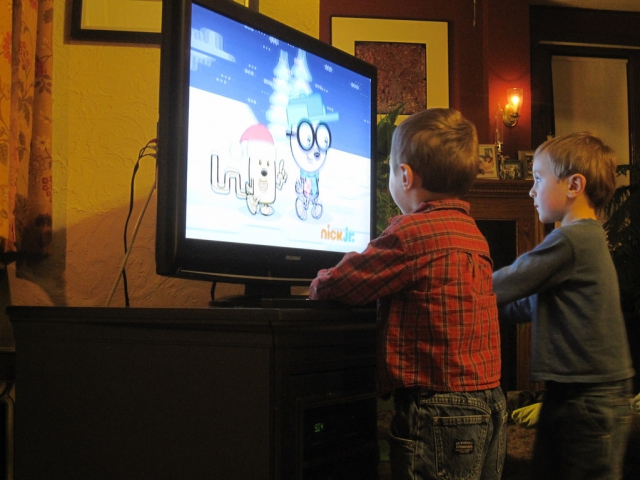
staticflickr.com
True or false: Sunday is the most-watched night on American television, with many of TV's most popular shows airing on that night.
True
False
Question 8/12
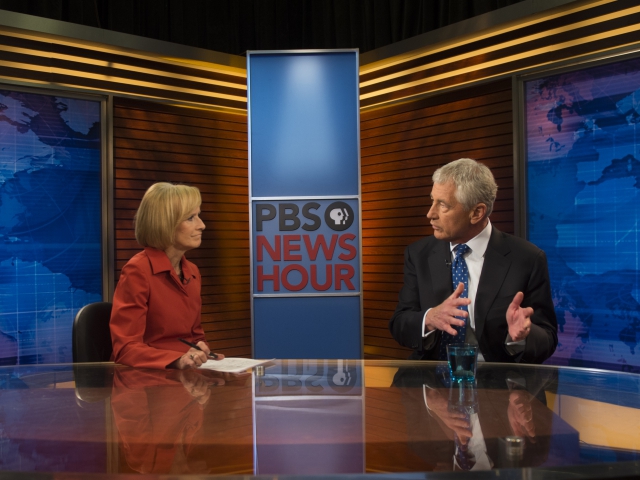
wikimedia.org
True or false: Public television stations have a far larger role in the United States than in most other countries.
True
False
Question 9/12
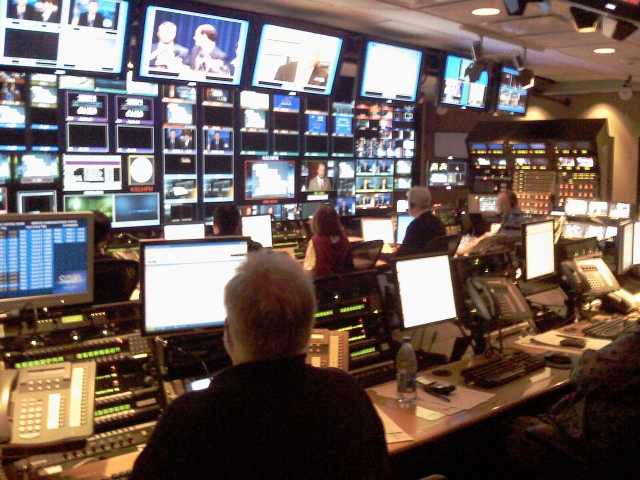
wikimedia.org
True or false: Television stations require a license to broadcast legally and must comply with certain requirements.
True
False
Question 10/12

staticflickr.com
True or false: Consumer demographics are the sole deciding force at TV stations in the US.
True
False
Question 11/12
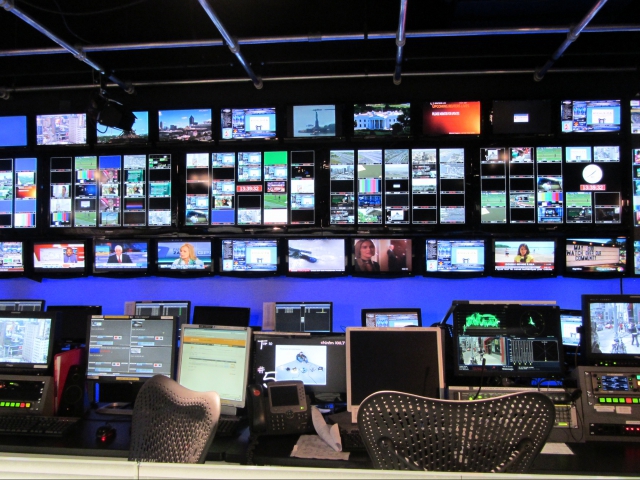
wikimedia.org
True or false: The United States has a decentralized, market-oriented television system.
True
False
Question 12/12
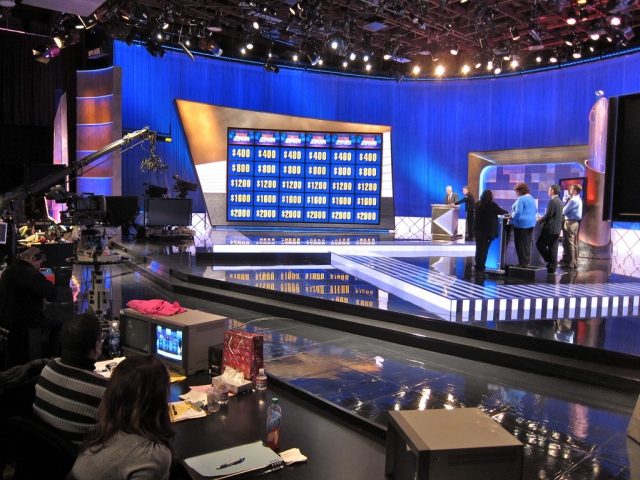
staticflickr.com
How are programming choices sorted for weekday schedules at US TV stations?
Dayparts
Audience
Advertising
According to the results of this quiz, you're not well versed on US TV stations and broadcasting just yet. While you may know a bit about the major networks, you're not quite clear on how TV stations truly operate. Fret not, at least you learned something new!
C+, TV Station Slow
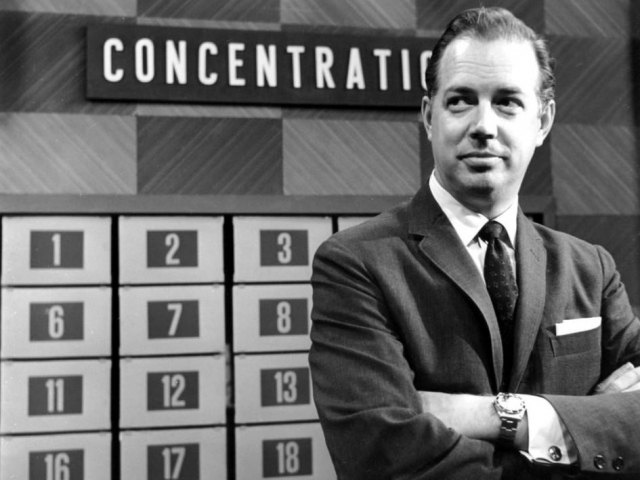
wikimedia.org
Right!
According to the results of this quiz, you've got some serious star power and knowledge when it comes to the big US TV stations. Though you may not be an expert just yet, you're well on your way!
B+, TV Station Star
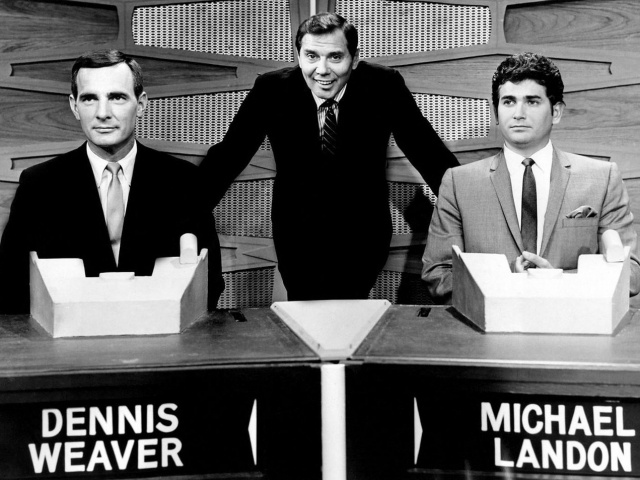
wikimedia.org
Right!
According to the results of this quiz, you are truly TV station smart! It's obvious that you have a great interest in how US TV stations operate and choose programming. Knowledge is power in every aspect of life!
A+, TV Station Smart

wikimedia.org
Right!
1

True or false: Unlike the other three commercial networks (NBC, CBS, ABC) Fox affiliates do not broadcast national programming.
True
False
2

True or false: Local TV station revenue typically follows a cyclical pattern of decreasing in election years and increasing in non-election years.
True
False
3

How many people are employed by local TV stations in the US?
45,100
27,600
31,000
4

On average, how many Americans tune in for primetime program on US TV stations yearly?
187 million
200 million
150 million
5

How many major broadcast networks operate in the US?
4
5
3
6

True or false: ABC, CBS and NBC offer network news programs each evening, generally airing at 6:30 or 7:00 p.m. in the Eastern Time Zone.
True
False
7

True or false: Sunday is the most-watched night on American television, with many of TV's most popular shows airing on that night.
True
False
8

True or false: Public television stations have a far larger role in the United States than in most other countries.
True
False
9

True or false: Television stations require a license to broadcast legally and must comply with certain requirements.
True
False
10

True or false: Consumer demographics are the sole deciding force at TV stations in the US.
True
False
11

True or false: The United States has a decentralized, market-oriented television system.
True
False
12

How are programming choices sorted for weekday schedules at US TV stations?
Dayparts
Audience
Advertising


